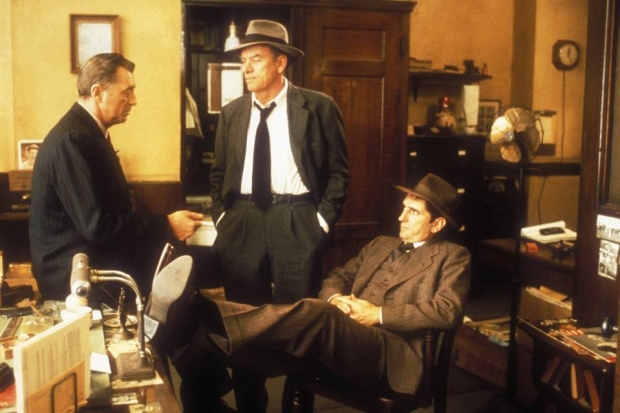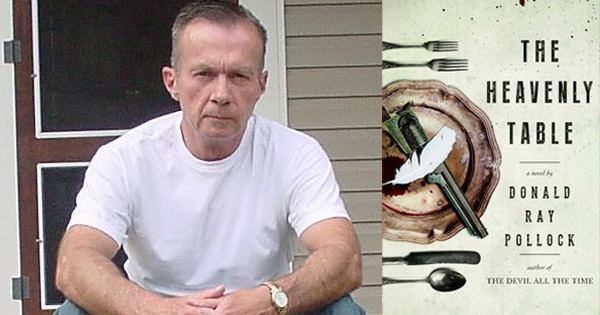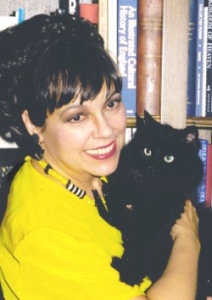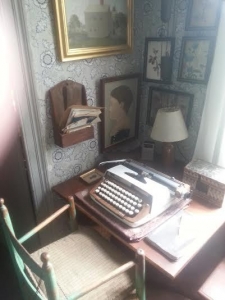Writers On Writing
huffingtonpost.com – Saturday July 30, 2016
There is no secret to success except hard work and getting something indefinable which we call ‘the breaks.’ In order for a writer to succeed, I suggest three things - read and write - and wait. - Countee Cullen
Knowledge is one of the most excellent purifiers of our mind and intellect. Books are one among many sources of knowledge. By means of the book, we can dwell and live through the mind of another person. It is one of the process of advancing ourselves to the full potential. There is nothing more valuable in life than learning. Learning awakens us, it guides and inspires us. Slowly and steadily, books have led little man to become giant men and redeemers of the society.
10 Self-Publishing Trends to Watch
publishersweekly.com – Saturday July 23, 2016
The future of publishing is fraught with opportunity and peril. Here are 10 trends shaping your future as a writer and/or publisher.
The rise of e-books: Ten years ago, e-books accounted for less than 1% of the trade book market. Today, e-books account for about 25% of dollar sales and 40%–50% of units. Although the rate of growth has slowed for e-books, the affordability and accessibility of digital will continue to erode print readership.

How to Write a Thriller
wsj.com – Friday July 22, 2016

The works of Megan Abbott, Blake Crouch and James Patterson diverge in style and form, but they’re all about creating a thrill. The three authors, who all have new books out this summer, answered questions about the mechanics of storytelling, the genre’s best works and finding success for a round-table conversation. Here, an edited compilation of their responses from separate interviews.

5 Writing Tips: Donald Ray Pollock
publishersweekly.com – Friday July 22, 2016

Donald Ray Pollock's The Heavenly Table is one of the most delightfully twisted novels of the year, a terror ride through an early 20th century hillbilly hellscape that puts the family of a swindled, good-hearted farmer on a collision course with three brothers on a crime spree. Pollock, whose previous novel, The Devil All the Time, was named one of the 10 best books of 2011, shares five writing tips.
When I decided to learn how to write, I didn’t know any writers, or anything about how to get started. I was forty-five and had worked at the same paper mill in a small town in southern Ohio for twenty-seven years at that point. However, thanks to a program the mill had that helped with tuition for employees who wanted to go to college part-time, I did have a degree in English. Plus, I loved to read. I determined to devote at least five years to writing, and worked at it almost every day. By the time I turned fifty, I had published five or six stories in small literary magazines. Granted, this doesn’t seem like much, but over time, I slowly discovered that it was what I wanted to do; and that’s always a good thing, actually, the very best thing, knowing exactly what you want to do with your life, no matter how hard or frustrating it might be, and writing is, more often than not, pretty damn hard and pretty damn frustrating. Still, I wasted a lot of time in the beginning, and with that in mind, here, mainly for the benefit of beginners, are the major things I’ve learned about writing:

8 things I wish I'd known before writing my first novel
marieclaire.co.uk – Tuesday July 12, 2016

Award-winning author Kate Mosse reveals her top tips for making a career out of writing books
'As a former editor in publishing, I had a bit of a head start,' says Kate Mosse author of best sellers from Labyrinth to The Taxidermist's Daughter.
'I'd seen all the pitfalls and traps for a first-time novelist, so had a notebook full of "avoid this at all costs" and "always remember to..." tips, before I ever became a writer myself. But, for the record, here I learned a few hard truths along the way.'

Russell Smith: Why publishers think pink for book covers
theglobeandmail.com – Thursday July 7, 2016

It has just occurred to me that my last four books, all works of fiction, have had an image of a woman on the cover. The books, however, largely represent masculine points of view. One of the books is even called Young Men. It still has a beautiful girl on the cover.
The reason for this repeated imagery is simple and economic: Most readers of fiction in North America are, by a wide margin, women. The books are being marketed to them.

Want to Succeed in Self-Publishing? It's a Lifetime Learning Experience: Tips from an Indie Author
publishersweekly.com – Saturday June 18, 2016

Although Carole Nelson Douglas has traditionally published more than 60 novels, she wanted more control over her books and decided to go indie. And while she did find the transition challenging – and encountered a “status downgrade” in some of her writers groups -- Publishers Weekly gave her latest, Cat in a Zebra Zoot Suit, a positive review.

24 things that everyone goes through when writing their first novel
metro.co.uk – Friday June 17, 2016

Everyone has one novel in them – but when you sit down to actually crack on with your masterpiece, little do you know the journey that you are about to embark on.
While whacking out a story might seem like something easy to fill up some spare time, your first book soon takes on a life of its own. Your dreams of success, your eagerness to finish and your desperation for people to enjoy the story and characters you have crafted combine to turn the project into a bit of a beast.

Should You Track Word Count While Writing a Novel? Yes, No, and Maybe So
huffingtonpost.com – Wednesday June 15, 2016

If you eavesdrop on a conversation between writers, it’s easy to mistake talk about craft for something else. Marathons, maybe.
“I had such a slow day. Only 500 in two hours!”
“Mine went well. I topped 2000 before lunch!”
What are these writers despairing or gloating over? Word count. Some authors—particularly those high-stepping their way through a fantasy, romance, or mystery series—count words every day as a way of meeting their deadlines.

2 Productivity Tips From 2 Superfast Writers
forbes.com – Monday June 6, 2016

I am a writer. I write slowly.
This is a problem, because I am a writer.
About a year ago, I tracked my productivity and learned that I write on average 500 words per hour. Most professional writers produce at least twice that amount.
Get the free newsletter | Submit a news item or article | Get Writers' News for your website





